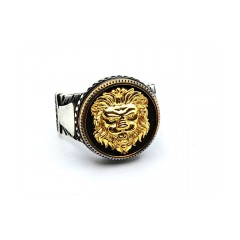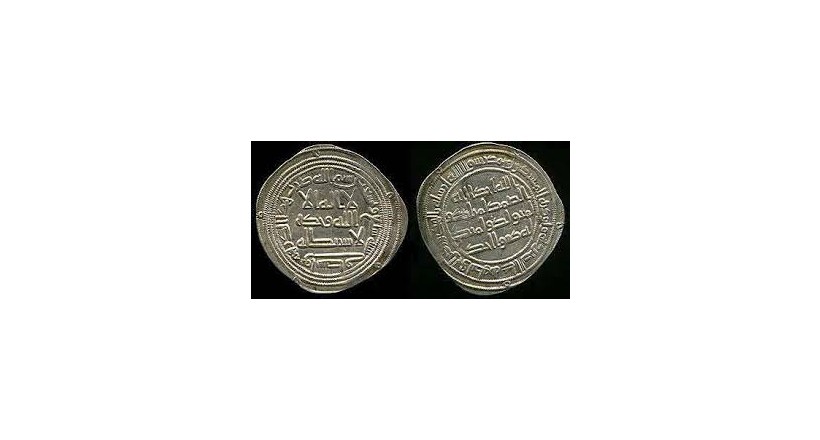One of the measures was introducing a staff of coin experts ' naqqad ' who would assume their responsibilities un marketplaces checking the authenticity of metal coins . The ' naqqad ' would test the caliber of coins by rubbing them and using special chemicals to detect the kind of metal and the caliber . He would check the weight of the coin using a special scale that used to be called the ' Wisdom Scale ' . As for the government offices experienced tellers would carry out the job the expert teller assuming this job would be called ' gahbaz ' such a person had the authority to damage the false coins and to file police reports against their holders .
The state has taken different measures to counter the phenomenon of trimming Dinars and Dirhams like engraving a circle to surround the inscription on the surface of the currency ( this was dubbed as hirz i.e protection of the Dirham and the Dinar ) . The circle served to indicate the area inside which the trimming would be criminalized if a forger trimmed or cut the Dirham or Dinar outside of the circle they wouldn't get punished and the currency would be accepted in transactions while in the case of trimming or cutting inside of the circle the forger would be penalized and the coin would not be accepted in transactions but rather regarded for its weight / metal value .
Some states resorted to making corrugation track on the edge of the currency especially gold and silver coins to make them difficult to imitate . In this case any tapering or shrinking of the edges of the coins as a result of trimming or cutting would be discovered by the naked eye and without resorting to weighing the coin it would be considered ruined and non-negotiable .
In the Holy Qoran there are verses prohibiting fraud and causing harm to people as in Surat Ash-Shuaraa ( Give full measure and do not be of those who can cause loss ) and in Surat Hud verse 85 ( And O my people give full measure and weight in justice and do not deprive the people of their due and do not commit abuse on the earth spreading corruption ) .
And from the legacy of the prophet Muhammed he said ( He who cheats us is not one ofus ) and Do no harm . Hence the majority ( jumhur ) of religious scholars have agreed that cheating and forging money is forbidden ( haram ) .
When the Caliph Omar Ibn AlKhattab – the blessing of Allah be upon him – discovered faking of circulated coins he said ( I consider making Dirhams from camel hide ) his companions replied ( So there will be no camelsleft ) Omar discarded the idea to preserve the camels which would otherwise have bean the major source of such currency .




